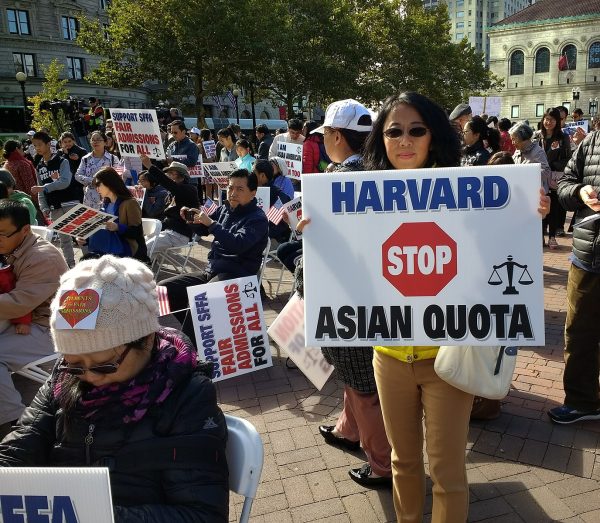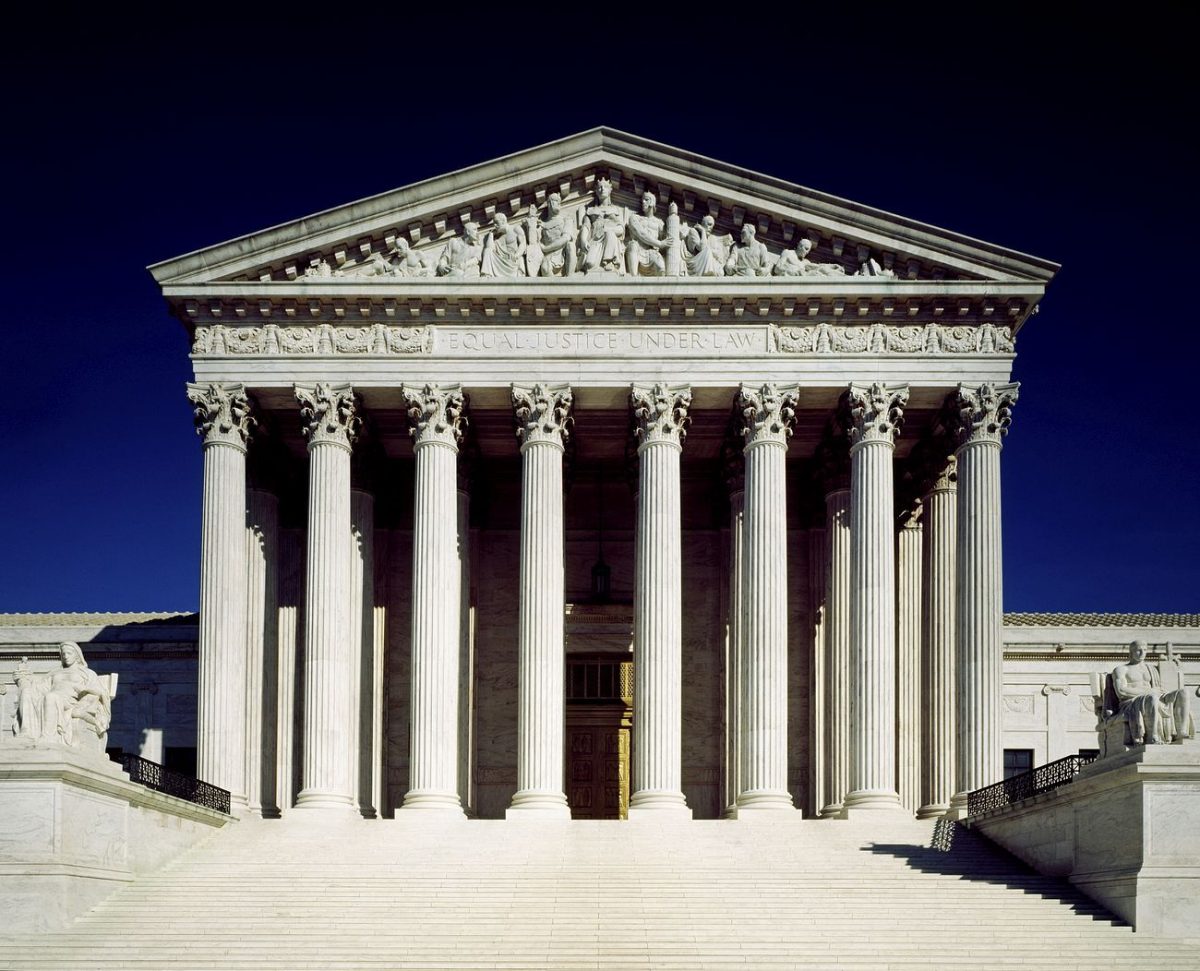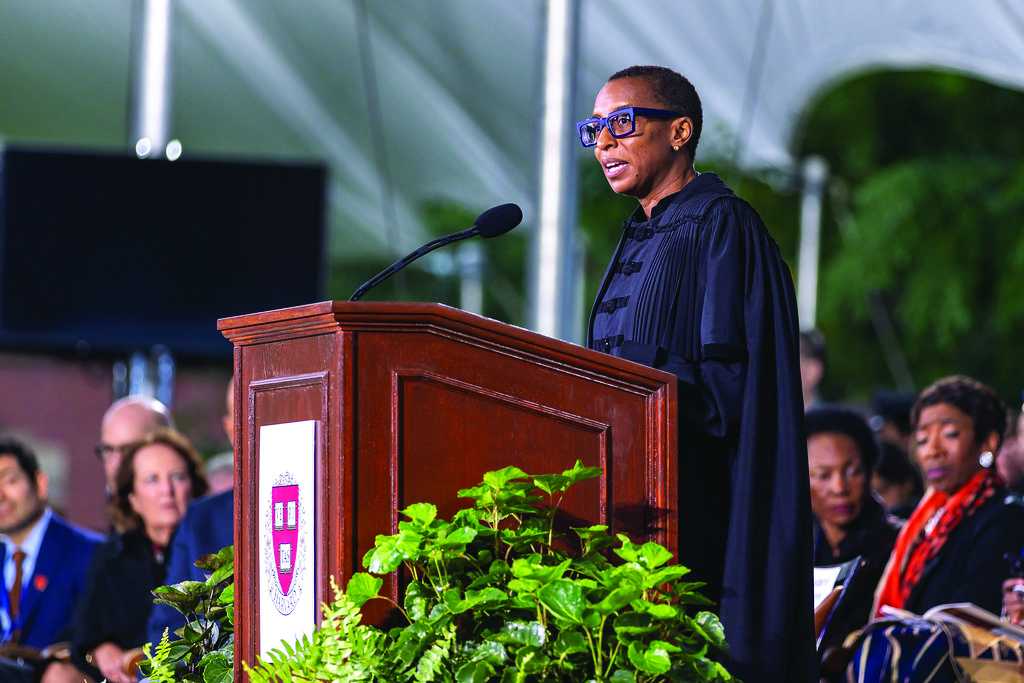On Thursday, June 29th, 2023, the Supreme Court struck down Affirmative Action in college admissions. Institutions across the board, including Harvard University – against which the original suit was brought – will need to reassess their admission process.
Affirmative Action is also known as positive discrimination, involving policies and practices that seek the inclusion of groups that are historically discriminated against. The roots of Affirmative Action can be traced to the Civil Rights Movement of the 1960s. To combat racial discrimination and bridge racial divisions in the country, President John F. Kennedy introduced the concept in Executive Order 10925 in 1961. The order stated that government contractors should “take affirmative action to ensure that applicants are employed, and employees are treated during employment, without regard to their race, creed, color, or national origins.” The policy then expanded to administrations of colleges and universities across the US. The goal was to ensure equal accessibility to higher education for minorities. Over the years, this mandate was extended to benefit women, ensuring gender diversity in various sectors.
The most common criticism of Affirmative Action is that it brings reverse discrimination – some believe individuals from the majority are overlooked in favor of less qualified groups from minority backgrounds. Affirmative action also causes some to face the unjust stigma of incompetence, with peers attributing their positions to policy rather than merit. It is thought this could cause reliance on Affirmative Action, which prevents minority communities from seeking success through excellence alone.
However, Affirmative Action has undeniably led to increased representation of minorities in higher education and workplaces. Historically white institutions have opened up and diversified the professional landscape of the country. As well as institutions of higher learning increased diversity in their student bodies, fostering an environment with enriched academic discussion and better-prepared graduates for a diverse global marketplace. Furthermore, by providing opportunities to marginalized communities, Affirmative Action helped break poverty for families, allowing them to ascend to middle and upper-middle-class statuses. It also is a way to help compensate for the historical discrimination that some communities experienced.

In their opinions of the case “Students for Fair Admissions V. Harvard,” Chief Justice John Roberts, known for his skepticism of Affirmative Action, stated that colleges must apply colorblind admissions, arguing that universities have overly emphasized race as a determinant of one’s identity. In concurrence, Justice Clarence Thomas voiced his belief that affirmative action imposes a stigma on minorities.
On the other hand, Columbia University President Bollinger described the decision on an NPR program as “tragic” and “It feels like the country has been on a course of choosing between a continuation of the great era of civil rights and another view of ‘we’ve done this long enough, and we need a whole new approach in this society.’ [Civil rights are] now the second choice.”
Justice Sonia Sotomayor suggests that the decision deepens racial inequality in education. Places where affirmative action was previously eliminated have seen a noticeable decrease in minority admissions.
However, it is important to note that the Supreme Court did not wholly ban racial considerations. Universities can still discuss how race affects an applicant’s life, and military academies might continue their race-conscious admissions due to “distinct interests.” As Chief Justice John Roberts stated, “Nothing prohibits universities from considering an applicant’s discussion of how race affected the applicant’s life, so long as that discussion is concretely tied to a quality of character or unique ability that the particular applicant can contribute to the university.”
The decision will have widespread implications that influence businesses, primary and secondary schools, and other sectors of society, including LFA.
“Of all the various statements I’ve read, and webinars attended since that decision was rendered this summer, I think that colleges continue to be stalwart defenders of the fact that diversity is an important part of what they’re looking for,” stated Associate Dean of College Counseling Ben Wetherbee.
Although one factor was eliminated from the college’s evaluation and enrollment, other factors can be weighed. Harvard weighs around 90 different factors in admissions, University of North Carolina considers 20 to 25. Thus, Wetherbee said, “Taking away one isn’t going to drastically impact how diverse of a student body a school is able to enroll.” For instance, the University of California schools and the University of Michigan were bounded by state governments in the early 2000s, yet the diverse student body was not affected.
The college counseling office is committed to supporting students from all underrepresented backgrounds. The Supreme Court may have limited how colleges can consider one factor in their admission review, but as College Counseling said, “each of you is indelibly more complex than just one factor.”












